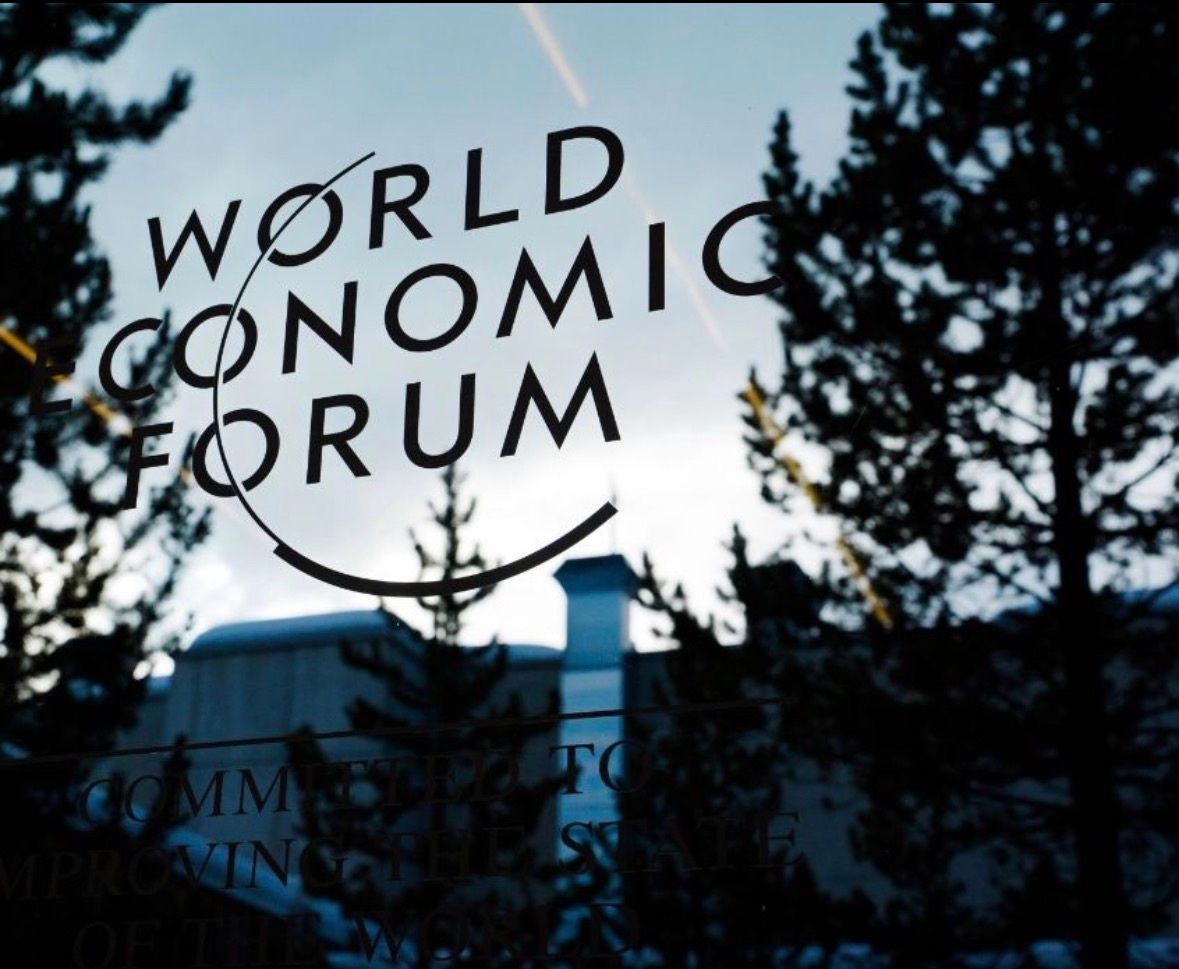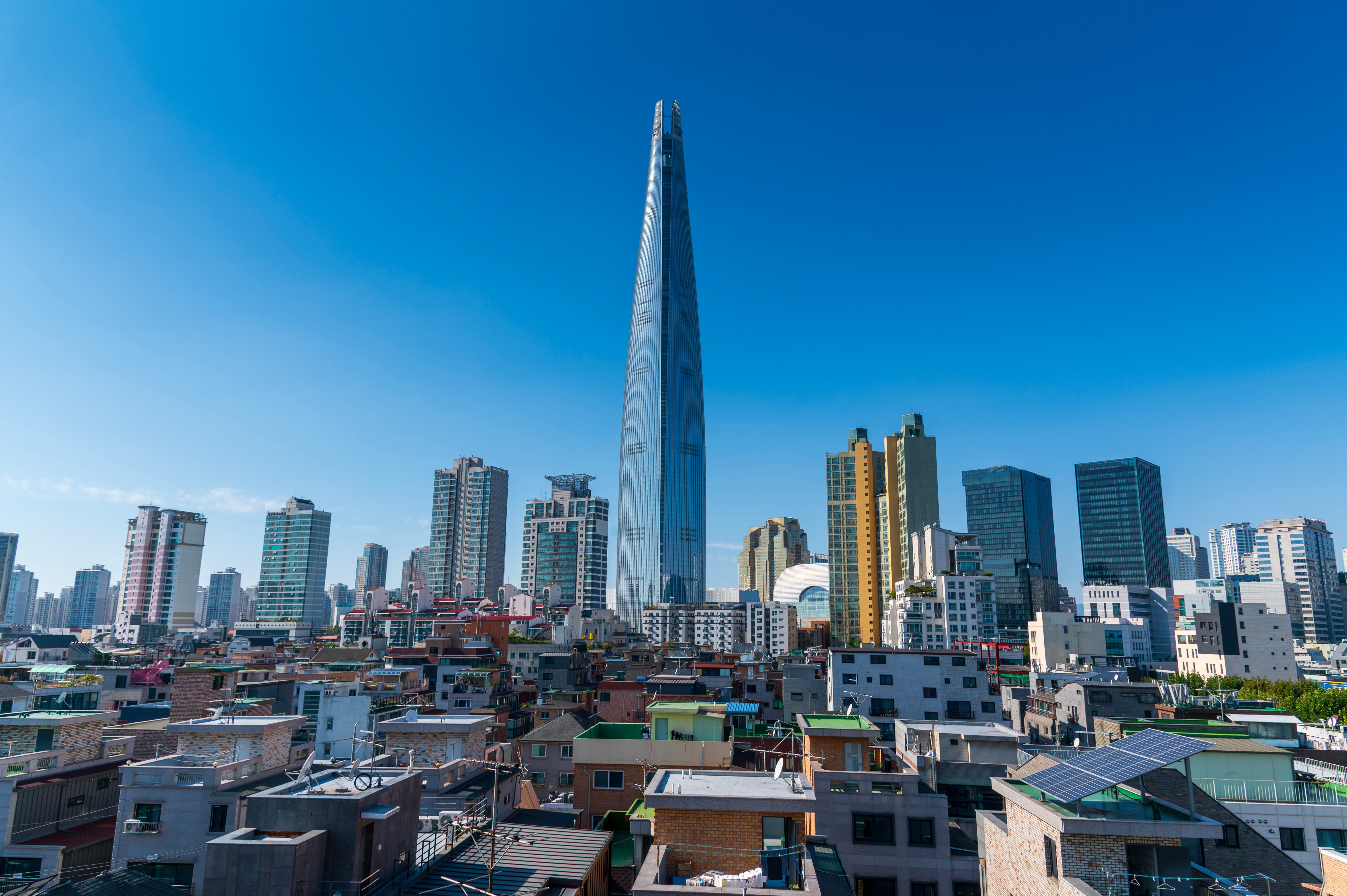

South Korea is an increasingly dynamic, high-interest market for multinationals. That rise is fuelling fierce competition for corporate affairs (CA) and government affairs (GA) talent, with big stakes for leaders ready to shape what happens next.
The new government, which took office in June 2025, inherits an economy that’s resilient but under pressure. Slowing growth, an ageing population and calls for structural reform are shaping a complex business landscape. Yet Korea continues to rise as a regional powerhouse. According to the American Chamber of Commerce in Korea’s 2024 survey, it’s now the second-most favoured location in Asia for multinationals’ regional headquarters after Singapore. As more regional HQs land in Korea, they bring investment and high-value employment, reinforcing its position as a leader in the region and on the world stage.
Alongside foreign investors, a dominant portion of Korean GDP is powered by the country’s homegrown chaebol – the powerful conglomerates that dominate the economy and remain aspirational employers. Companies including Samsung, Hyundai, SK and LG have recently announced large-scale hiring in AI, biotech and clean energy, signalling long-term confidence. But they are also contending with a tight domestic pipeline for advanced skills and a visible AI talent drain as more experts move abroad.
In response, the government has launched a Global Talent Centre and a new K-STAR visa track to attract skilled foreign science and technology professionals. It will be hoping to lure talent to the country, particularly in light of the Trump administration’s move to sharply raise costs and tighten conditions for H-1B specialty-occupation work visas. The talent scarcity in Korea isn’t limited to hi-tech roles, though: vital leadership positions in corporate and government affairs are increasingly pivotal as Korea-based companies seek to manage reputation, regulation and political risk.
Across Asia, the scope of corporate and government affairs functions has expanded from communications and stakeholder engagement to public policy, ESG strategy, regulatory risk and digital governance. Even as geopolitics pressures GA leaders worldwide, Korea’s industrial and export profile leaves it especially exposed to shifting trade rules, cross-border regulations, and diplomatic pressure. Export controls on semiconductors, tightening EU trade defences, carbon border measures hitting core exports like steel, plus the persistent security overhang with North Korea all make for a busy brief for GA teams.
Oxford Economics’ New Rules of Engagement report underscores the strategic opportunity for GA in Asia. Notably, 71% of GA representatives at Western multinationals worry about reputational risks amid rising economic nationalism in the US, compared to just 25% at Asian-headquartered firms. This highlights a local narrative advantage for Asian brands and a different risk level compared to Western peers operating in Korea.
The study also highlights Asian GA leaders’ focus on hyperlocalisation: going beyond broad, country-level narratives to tailor advocacy to stakeholder-specific narratives in Korean, using local channels and often working via trade associations to advance positions without drawing undue attention to the corporate brand. These strategies all require experienced talent with the skills and influence to make execution a reality
In addition to geopolitical shifts, several live policy files are amplifying demand for sophisticated corporate and government affairs leadership:
What’s also distinctive about Korea is how policy moves. Issues surfaced during the National Assembly’s annual audit – or those thrust into public debate – can rapidly become political priorities. Once in the spotlight, agendas can accelerate via fast-track procedures or swift regulatory action, creating execution risk for unprepared companies and raising the premium on agile, well-networked GA teams. At the same time, an announcement-to-implementation gap is common: ambitious policies can stall or shift in scope, such as the delayed timeline for sustainability reporting. The most experienced leaders are prepared for hurdles and unexpected delays or pivots.
In Korea, a distinct set of specific issues, alongside the government’s tendency to highlight, fast-track or shift priorities, cuts across every major corporate risk area. The effect is a wider remit for corporate and government affairs leaders and heightened demand for experienced, agile operators who can scenario-plan and execute effectively.
That expanding agenda is colliding with a constrained leadership supply. Given its thriving tech firms, it’s not surprising that the 2024 IMD World Digital Competitiveness Ranking places Korea 6th overall. However, within the ranking’s “Talent” sub-factor, it places a more lowly 19th. Two underlying indicators illuminate the constraint: “International experience” ranks 45th and “Foreign highly skilled personnel” ranks 38th. Korea’s digital prowess is world-class, but its internationally oriented talent depth is thinner than the headline suggests.
In the corporate and government affairs realm, the consequence for employers is a narrow bench of senior professionals who can combine policy or government experience, corporate leadership, bilingual fluency and the relational capital required in Korea. Many potential candidates remain in public institutions, academia or state enterprises, where transitions into the private sector are less common. Even when they do move into the private sector, many end up joining domestic conglomerates due to the language barrier.
Organisational dynamics add friction: many large firms use fixed pay bands and prize hierarchical decision-making, which can limit flexibility for external hires. In this environment, networks and legitimacy aren’t optional, they’re core competencies. That doesn’t rule out international talent, but candidates succeed more often when they pair their expertise with local coalition-building and credible third-party platforms like industry associations or chambers.
Employers are already adapting. More than 80% of large Korean companies now use headhunters alongside job postings for experienced hires, reflecting a shift to active talent sourcing for hard-to-fill leadership roles. For CA and GA professionals, that shift raises the bar but also clarifies the playbook. Here’s how to position for success in Korea’s evolving market:
In Korea, demand is rising faster than the supply of trusted, experienced CA and GA leaders. Compared to other hubs, it combines chaebol scale, HQ influence and policy complexity, magnifying the premium on proven operators. Organisations that act early by building pipelines, developing internal successors and partnering locally will secure an edge. For ambitious corporate and government affairs professionals, Korea presents a moment of real opportunity to tackle career-defining challenges in one of the world’s most dynamic markets.